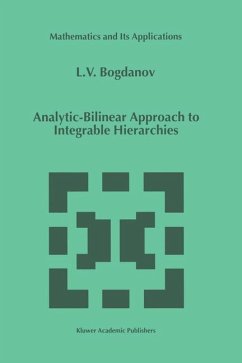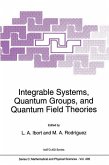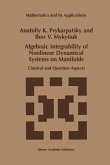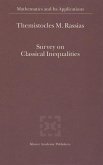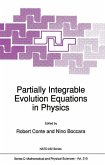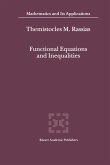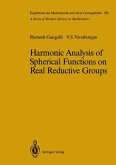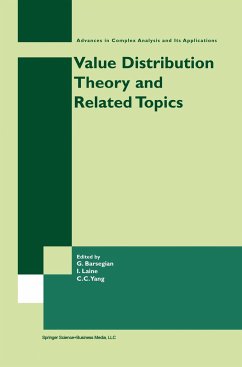The subject of this book is the hierarchies of integrable equations connected with the one-component and multi component loop groups. There are many publications on this subject, and it is rather well defined. Thus, the author would like t.o explain why he has taken the risk of revisiting the subject. The Sato Grassmannian approach, and other approaches standard in this context, reveal deep mathematical structures in the base of the integrable hi erarchies. These approaches concentrate mostly on the algebraic picture, and they use a language suitable for applications to quantum field theory. Another well-known approach, the a-dressing method, developed by S. V. Manakov and V.E. Zakharov, is oriented mostly to particular systems and ex act classes of their solutions. There is more emphasis on analytic properties, and the technique is connected with standard complex analysis. The language of the a-dressing method is suitable for applications to integrable nonlinear PDEs, integrablenonlinear discrete equations, and, as recently discovered, for t.he applications of integrable systems to continuous and discret.e geometry. The primary motivation of the author was to formalize the approach to int.e grable hierarchies that was developed in the context of the a-dressing method, preserving the analytic struetures characteristic for this method, but omitting the peculiarit.ies of the construetive scheme. And it was desirable to find a start.
Bitte wählen Sie Ihr Anliegen aus.
Rechnungen
Retourenschein anfordern
Bestellstatus
Storno

